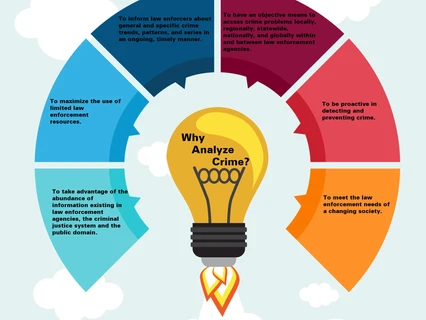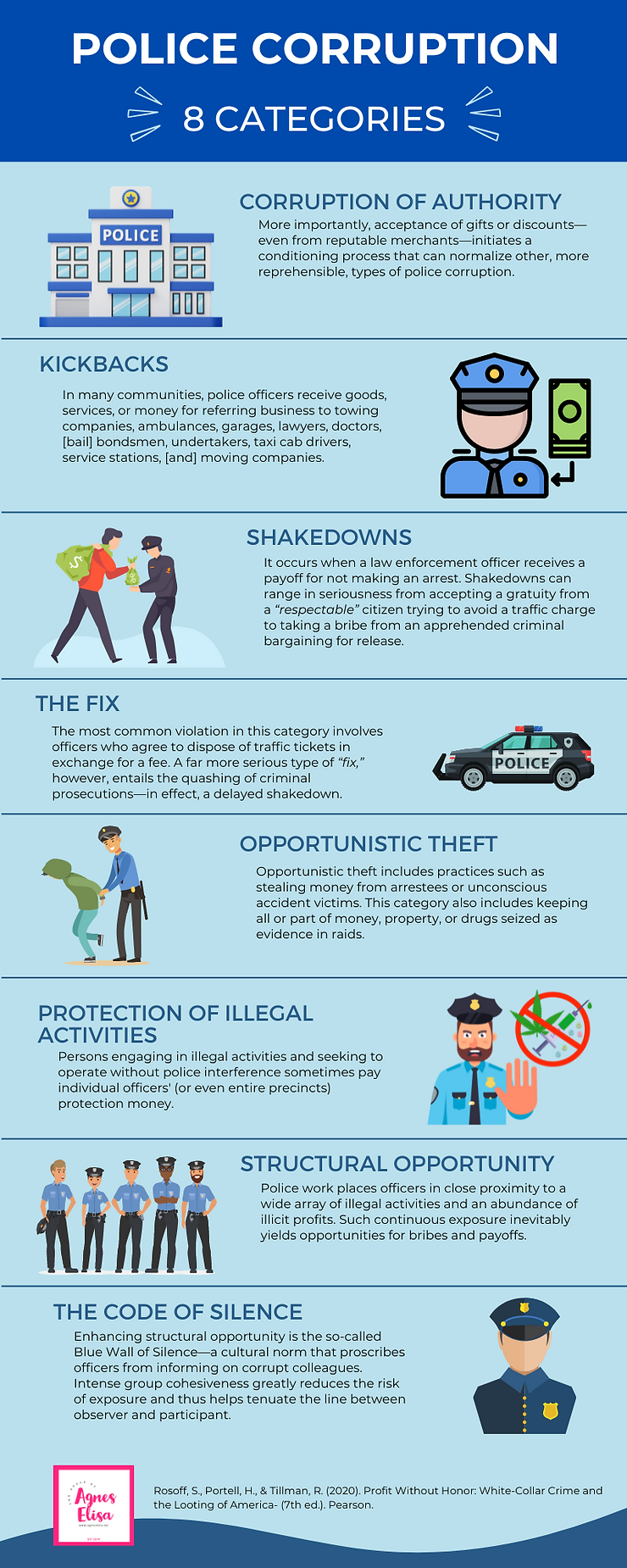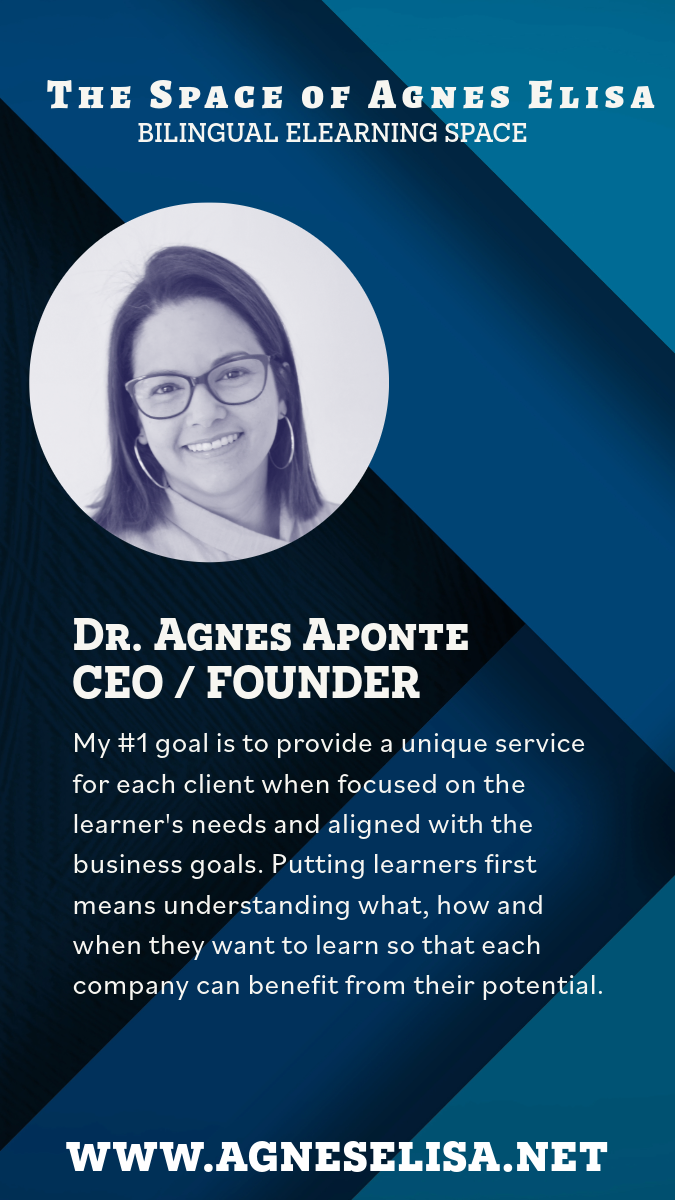





Agnes Elisa’s calling has always been in academia, eLearning education, and criminal justice.
Regularly update training materials to stay current with industry trends, emerging technologies, and evolving learner needs.
In fields like technology or healthcare, where information evolves rapidly, keeping learning materials up-to-date ensures the workforce remains competent and competitive.
Design materials that accommodate different learning preferences (visual, auditory, kinesthetic).
In industries like education or non-profits, this ensures inclusivity and helps diverse teams learn effectively, improving overall retention and performance.
Implement methods to assess the effectiveness of training programs through learner feedback, performance data, and assessments.
In sectors such as banking or finance, continual evaluation ensures that employees meet compliance standards and that training programs are updated as laws and policies change.
Work closely with experts in different fields to ensure content accuracy and relevancy.
In industries such as legal or pharmaceuticals, this collaboration ensures that all training complies with regulations and reflects current
best practices.
To deliver training select and integrate eLearning platforms and tools (e.g., Learning Management Systems – LMS).
In tech-driven industries like IT or telecommunications, effective use of technology is critical to rapid upskilling and keeping employees informed about fast-changing trends.
Create engaging eLearning modules, videos, simulations, quizzes, and assessments using authoring tools like Articulate, Captivate, Storyboards, Animations, Videos or Adobe Creative Suite.
In sectors like retail or customer service, interactive content helps employees better understand products, sales techniques, and customer interaction, improving service quality.
Develop detailed instructional materials, lesson plans, and learning objectives.
Pivotal Role: In industries such as education and finance, designing clear learning paths ensures employees are equipped with the latest skills, such as compliance with regulations or mastering new technologies.
Conduct assessments to identify the learning needs of employees and gaps in their knowledge or skills.
In industries like healthcare or manufacturing, this is critical to ensure compliance with regulations and enhance workforce competencies.